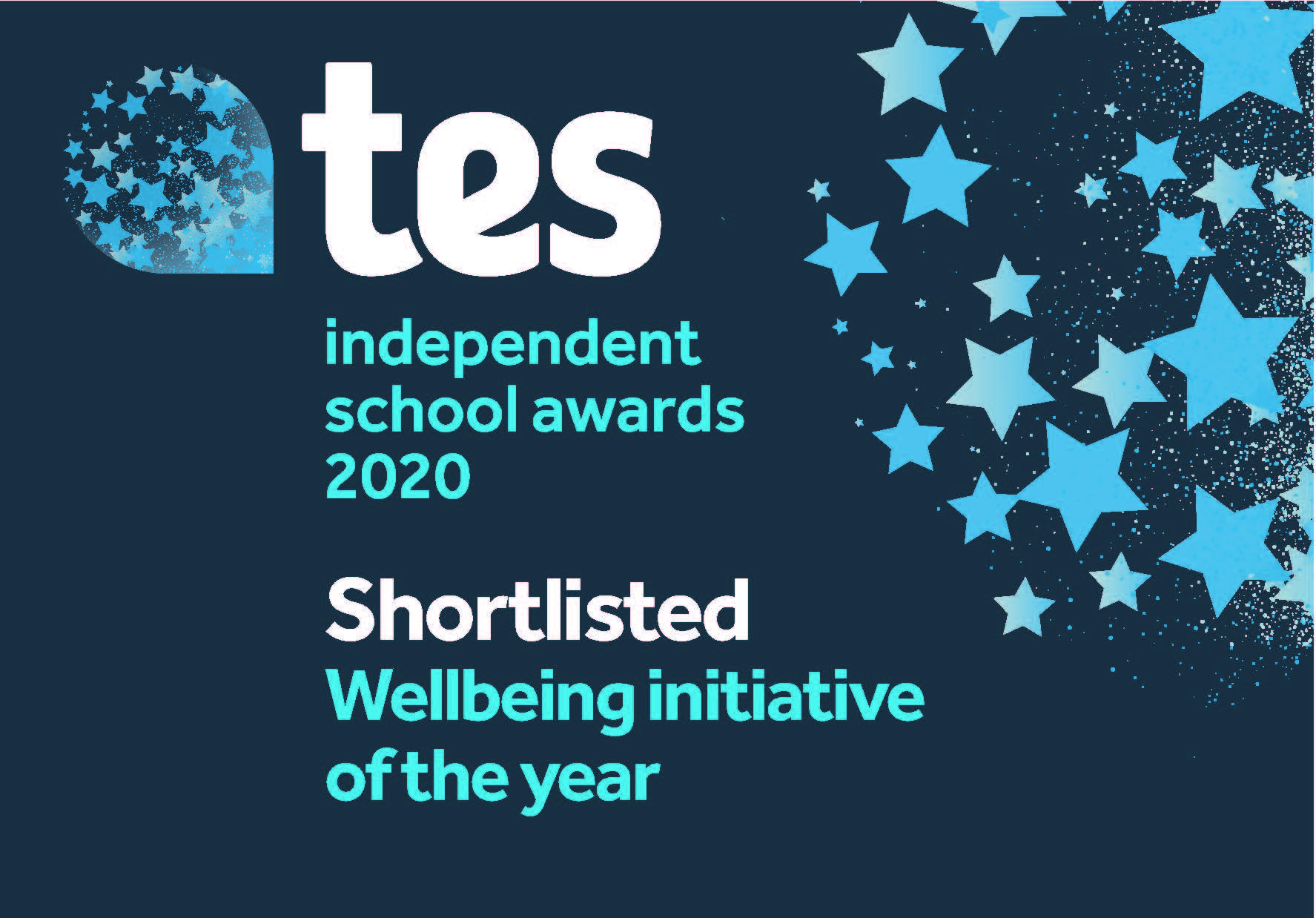“It’s not that I’m smart, it’s just that I stay with problems longer” – Albert Einstein
“I get knocked down, but I get up again, You are never gonna keep me down” – Chumbawamba
Einstein or Burnley’s tubthumping punk-pop Chumbawamba, which pearl of wisdom made it into a Headmaster’s Monday morning assembly earlier this year? I’m guessing most Bradford Grammar families won’t need to ponder overly long. And they say we educators are dumbing down?
BGS assemblies follow themes of the week. These often overlap. At the heart of the assembly Venn diagram, we find our school motto – Hoc Age – which broadly translates as ‘get on and do it’. It’s axiomatic that honest hard work pays off, and the dividend is not measured simply in terms of exam results, silverware or the crescendo of applause as the curtain comes down – although these things are nice. The deeply felt satisfaction when a job has been done to the best of one’s ability, the habit of a secure work ethic, such things transcend accolades and awards.
And those themes – resilience, perfectionism, excellence and resolutions, for example – speak about the messy business of navigating success and failure while learning and growing. The no-nonsense Hoc Age call to action knits it all together and provides a mantra for School life (and Monday assemblies for those who are listening). There might however be an equally applicable word that binds it all tightly, less palatable but equally evocate. Not a pithy Latin strapline. How about ‘struggle’ instead?
The struggle of Thomas Eddison was subject matter for a recent assembly on resilience. It is commonly known that Edison made thousands of prototypes of the light bulb before he finally got it right. All of these ‘failures’, which are reported to be in the tens of thousands, ultimately nudged Edison in the right direction. His perseverance gave the world some amazing inventions in the early 20th Century. A heroic tale. But clearly, struggle and failure are uncomfortable, for inventors and school kids alike.
Most of us harbour unnecessarily negative views about our abilities. When the going gets tough, when frustration mounts, we might contemplate throwing in the towel, or at the very least we lose motivation, focus and confidence. It is natural to dislike discomfort. In a learning context, when our brains start to hurt, we often jump to the wrong conclusion: I can’t do this! This is a false assumption that blocks our progress. But it can be overcome with the right mindset.
Carol Dweck’s work on Growth Mindset is well known, but often misunderstood. Regardless, her seminal work demonstrated that positive beliefs about learning can help us to expand our capability. Meanwhile, other attitudes, characterised as closed mindsets, and consistent with adverse reactions to mental exertion and failure, (‘I can’t do this!’), leave us needlessly limited.
Dweck’s research baton has been taken up in numerous fields. Daphna Oyserman, working with colleagues at the University of Southern California, published a study in 2018 that illustrated the effect of mindset on learning potential. She found that those groups of learners who associated difficulty with importance, or put another way, those folk who were encouraged to believe that a challenging task must be a worthwhile one, scored significantly higher outcomes in non-verbal IQ tests than those who demonstrated an association between difficulty with defeatism. Parents and teachers take note. And all this resonates with Dweck who pointedly said: “The answer isn’t taking away challenge, it’s giving more tools to deal with challenges” and that includes recasting struggle as a positive learning experience.
We can of course hark back further than the dawn of Growth Mindset. James Nottingham worked as a teacher in the former coal fields of northern England. He observed the reluctance of some children to push out of their comfort zone. By way of a response, Nottingham actively sought to move his classes to a place where they would be ‘at ease with discomfort’, reflecting, we trust, his benevolent good intentions and not a sadistic streak. This approach, he felt, would be beneficial, albeit effortful. Nottingham coined the phrase ‘learning pit’ and it has become a well-travelled metaphor across educational settings, and one with a simple message: to embrace struggle, to climb out of ignorance.
Our teacher memories of ‘the learning pit’ were jogged recently by an article in the New York Times in which Nottingham was quoted as follows: “My purpose is, instead of giving them [leaners] clarity, it’s creating confusion, or cognitive wobble. Like when you are learning to ride a bike and it wobbles – I am trying to create that mental wobble so they have to think about it more”. “Cognitive wobble”, I like that!
The same NY Times article (Learning the Right Way to Struggle in School) cites a meta-analysis by Manu Kapur of ETH Zurich of 53 previous Ed-research studies that indicates giving students an opportunity to grapple with a problem before they receive the solution has a powerful and positive effect in terms of the learning outcome. No surprises there perhaps? And yet most teaching is the other way round. Presentation of knowledge or a method / solution usually precedes an activity where the new information is reworked in practice. Perhaps both teachers and learners are reluctant to embrace the struggle? Perhaps curricula are congested to the point where little free space is now available for such experimentation?
But technology is changing our experience of living and working in an increasingly dynamic world. Knowledge is updating, reforming and crossing inter-subject boundaries at a pace like never before. It takes more effort to keep up, to search, sift and synthesize information, and then discard it and go again a few moments later. It’s a struggle. The implications for schools (and parents) to adequately prepare young people for the information rich sprint of tomorrow are clear. Be brave, be supportive, let them struggle a little when young.
I haven’t read much Nietzsche, something I must put right in a lighter moment (!), but I stumbled across this passage, and it seems like an apposite place to finish: “The individual has always had to struggle to keep from being overwhelmed by the tribe … but no price is too high to pay for the privilege of owning yourself” – Friedrich Nietzsche
“But technology is changing our experience of living and working in an increasingly dynamic world. Knowledge is updating, reforming and crossing inter-subject boundaries at a pace like never before.”







Be Social!